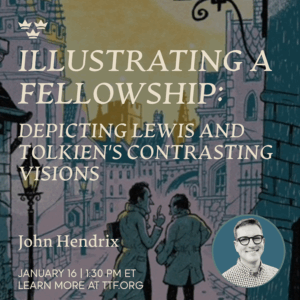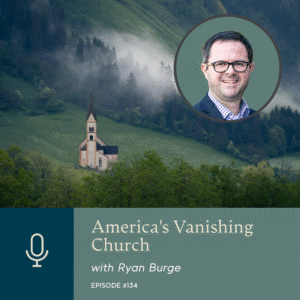Over the weekend, while doing research for an essay, I re-read Catherine Drinker Bowen’s wonderful book Miracle at Philadelphia: The Story of the Constitutional Convention from May to September 1787. In it she quotes George Washington (a strong Federalist) on the value of the opposition.
“Upon the whole,” Washington wrote, “I doubt whether the opposition to the Constitution will not ultimately be productive of more good than evil; it has called forth, in its defence, abilities which would not perhaps have been otherwise exerted that have thrown new light upon the science of Government, they have given the rights of man a full and fair discussion, and explained them in so clear and forcible a manner, as cannot fail to make a lasting impression.”
Two centuries later the political philosopher Isaiah Berlin echoed these observations inan interview in which he was asked about critics of the Enlightenment (which Berlin was a great admirer of).
“I am interested in the views of the opposition because I think that understanding it can sharpen one’s own vision,” Berlin said. “Clever and gifted enemies often pinpoint fallacies or shallow analyses in the thought of the Enlightenment. I am more interested in critical attacks which lead to knowledge than simply in repeating and defending the commonplaces of and about the Enlightenment.”
I cite both Washington and Berlin because what they are saying doesn’t come naturally to most of us and, in fact, runs deeply against our grain. Many of us have settled views on politics, on philosophy, on theology; we’re far more interested in refuting our critics than learning from them. Our moral intuitions and dispositions, our experiences and intellectual vanity can prevent us from appreciating the “new light” that can be cast by those with whom we disagree.
It’s important to note that neither Washington nor Berlin gave up on their deeply held convictions. Washington did not become an anti-Federalist and Berlin did not become a critic of the Enlightenment. What both men were saying, I think, is that our ability to perceive the whole truth is impaired and can be improved upon; and one way it can be improved upon is to carefully weigh the arguments of one’s most (not least) serious critics. Even those we believe are wrong in their final judgments can identify weaknesses in our own arguments. None of us, after all, really and truly believes we hold exactly the right views on all the important issues at any given moment in time. We’re always learning new things, refining our views, and having to adjust them to shifting circumstances.
The second, and in some respects the more subtle, thing to be learned from the comments of Washington and Berlin is that they were speaking as empiricists, as individuals interested in gaining greater knowledge as a means to gaining greater wisdom. That is quite a different approach from being, say, ideologues who hermetically seal themselves off from data and arguments that challenge their views.
But here’s the dirty little secret. All of us are guilty, to one degree or another, of “epistemic closure” and confirmation bias. In addition, and for understandable reasons, we all tend to self-segregate. Among other things, there’s a natural human tendency to seek out a community of like-minded individuals who can offer us support and encouragement. In The Four Loves, C.S. Lewis writes that a friendship is born when two people discover they not only share common interests but see the same truth, who stand not face-to-face (as lovers do) but shoulder-to-shoulder. There’s an important place in our lives for intellectual and spiritual fellowship.
The question is where each of us falls on the continuum and whether we recognize intellectual rigidity in ourselves rather than others (which is one of the easiest sports known to man).
Recently I had a conversation with a treasured friend, an individual I have consistently turned to at critical junctures in my own life. He was visiting Washington and we had a lovely chat, during which he told me that as he gets older he finds himself to be a person characterized by less certitude on a range of issues.
What he was getting at wasn’t evidence of an existential crisis or a loss of faith. (His confidence in the love and sovereignty of God has actually grown over the years, with the result being he’s become more relaxed in his need to figure things out and to tie down loose ends.) What he meant, as I understood him, is that certain kinds of certitude actually inhibit the search for truth; that often it doesn’t take into account the subtleties and complexities of life; and that certain beliefs we might hold in the abstract dissolve once they make contact with real life, including when we learn first-hand the stories of people and their own struggles and triumphs along the way.
It turns out that life in this world–in politics, in philosophy, in theology, in our everyday lives–isn’t quite as neat and tidy as we might have thought.

